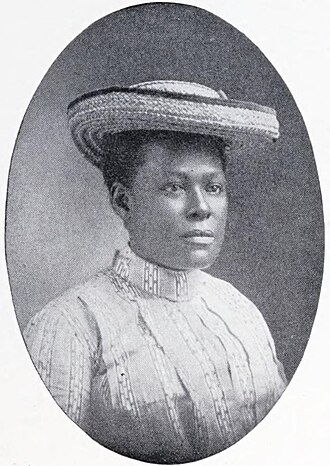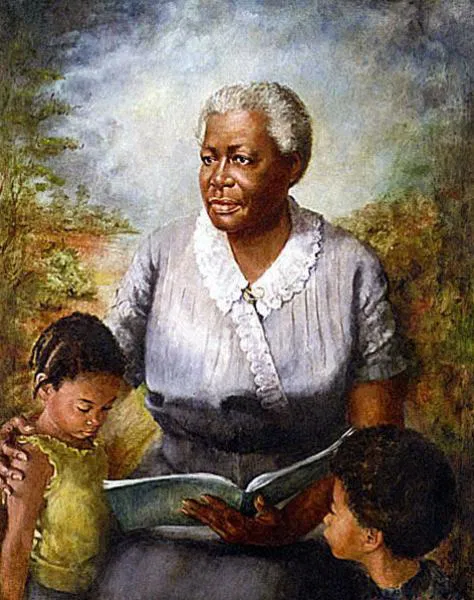When it comes to Black history, few figures shine as brightly as Lucy Craft Laney, a fearless educator who dedicated her life to empowering Black students.
Born April 13, 1854, in Macon, Georgia, Laney was one of ten children, but unlike many African Americans of her time, she was born free—thanks to her father, David Laney, who saved enough money to purchase his and his wife’s freedom.
From a young age, education was at the heart of Lucy’s world. By the time she was four, she could read, and at twelve, she was translating Latin classics, including Julius Caesar’s Commentaries on the Gallic War.
In 1869, she became part of the first class at Atlanta University (now Clark Atlanta University), but due to gender restrictions, she was barred from studying classics. Undeterred, she graduated from the teacher training program in 1873 and began shaping the future of Black education.
Building a Legacy in Education

After spending a decade teaching in various Georgia cities, Miss Lucy took a bold step in 1883—founding her own school in the basement of Christ Presbyterian Church in Augusta. It wasn’t easy; funding was scarce, and she often made just enough money to cover travel expenses home from fundraising trips.
But in 1886, she secured a key supporter: Francine Haines, a Northern Presbyterian philanthropist, whose contributions helped expand and rename the school as the Haines Normal and Industrial Institute.
By 1912, Haines Institute was a powerhouse of Black education:
- 900 students enrolled
- 34 teachers employed
- A rigorous five-year college preparatory program where Laney personally taught Latin
Her students went on to Howard, Fisk, and Yale, proving that Black excellence knew no limits.
More Than a School—A Cultural Movement
Laney’s impact extended beyond the classroom. Haines Institute became a cultural hub, hosting orchestras, lectures, and community events that enriched Black Augusta. She also founded Georgia’s first nursing school for Black women and worked tirelessly to advance civil rights, helping to establish Augusta’s NAACP chapter and working with the Niagara Movement.
Her influence reached icons like Mary McLeod Bethune, W.E.B. Du Bois, and Langston Hughes, all of whom admired her vision for Black empowerment through education.
A Lasting Legacy

Laney’s contributions earned her historic recognition. In 1974, she became one of the first Black Americans honored with a portrait in the Georgia State Capitol, alongside Rev. Henry McNeal Turner and Dr. Martin Luther King Jr. Her portrait bears a powerful tribute:
“God didn’t use any different dirt to make me than the First Lady of the land.”
Inducted into the Georgia Women of Achievement in 1992, Lucy Craft Laney remains an unwavering symbol of Black resilience, education, and excellence. Her legacy is a reminder that investing in Black education isn’t just history—it’s the future.
